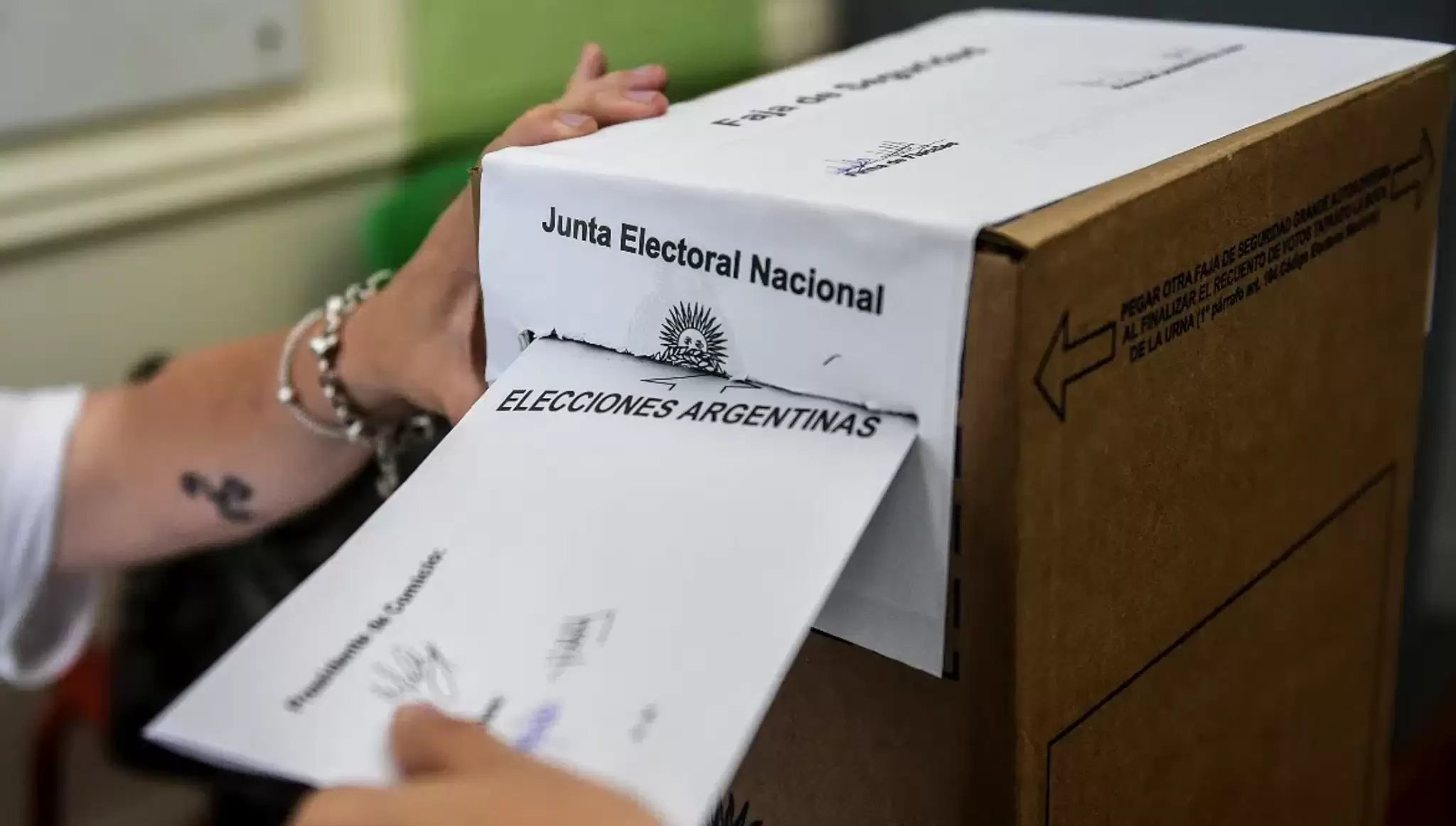The year 2023 has begun, and the region shows signs of tension. Peru has not managed to overcome its complicated institutional crisis since December last year; Brazil experienced the seizure of the three branches of institutional power by former President Bolsonaro’s supporters; the Argentine economy is a victim of hyperinflation, and the ghost of authoritarianism is haunting the region. Currently, the ideological map is divided between eleven countries governed by the left, four by the right, and three by the center. With these figures, there are elements to argue that the region has experienced a turn to the left. However, we do not know if it will be fleeting or if it will take hold and last at least a decade as in the first progressive cycle (2003-2015).
This year belongs to what political scientist Daniel Zovatto has called the super election cycle, as nine countries will go to the polls. Some, such as Ecuador will hold local elections, Colombia will vote for governorships and mayorships, Chile foresees a new calendar to promote another constitutional plebiscite in December, and Mexico will hold elections in two of the country’s entities. Still, 2023 hosts three general elections: Paraguay in April, Guatemala in June, and Argentina in November.
We have seen in previous processes that radical candidates such as Chile’s José Antonio Kast, or Keiko Fujimori in Peru, were defeated at the polls. However, the region has witnessed the birth of anti-establishment candidates, and the population has been seduced by them, such as in El Salvador, with Nayib Bukele; Brazil, with Jair Bolsonaro; and in the United States, with Donald Trump.
The elections in Guatemala and Paraguay are significant for the Latin American left if one takes into account that these countries have generally been governed by the right. Paraguay’s progressive forces, such as the Front Guasú and the Progressive Democratic Party, will try to defeat the ruling Colorado Party, which seeks to retain power and turn the country to the left. If this nation changes the right for the left, practically the entire Southern Cone would be under the progressive governments’ command.
However, it must be taken into account that if the Presidency is of the left, the composition of the Legislative Power will have to be analyzed. This is a fact that is becoming more and more relevant, due to the fact that left-wing candidates head the governments, but the Congresses are dominated by the right wing, a decisive aspect when implementing the government plan.
Guatemala is a country where the right wing has a strong presence. This is a curious case, since the beginning of the 21st century it has not turned to the left, but has had more or less right-wing presidents. Guatemalan progressivism is agglutinated, so far, in the Movement for the Liberation of the Peoples, which will seek to establish a leftist government. Unlike 2019, when its protagonism was minimal, and it finished in fourth place, now things could change and turn the nation to the left for the first time in this century.
Finally, the general elections in Argentina will be the prelude to the political pendulum, given that it will be defined whether Peronism retains power or whether the right will remove it from the Casa Rosada presidential palace. The government of Alberto Fernández has not been able to stop the increase in inflation that has deteriorated the family economy. While Argentina’s triumph in the World Cup represented a breath of fresh air for the country, the disputes to eliminate the open, simultaneous, and mandatory primary elections (PASO) have generated uncertainty. The splitting of the electoral calendar in fourteen provinces and the declaration by Cristina Fernández that she will not run as a candidate of the Frente de Todos (Front for All) have changed the outlook for the elections.
Argentina could be the first country in which the left leaves power in the framework of this new leftist wave. Therefore, this election will be decisive for progressivism and the regional right. It will also be the prelude to 2024, when eight countries will go to the polls to elect a new president. Of these, six are currently governed by the left, one by the center, and only one by the right. In turn, the United States will hold presidential elections in 2024, which has a major political impact on our region.
Lastly, in Haiti, the High Committee for the Transition has been installed, which will be responsible for organizing elections in 2023, with the objective of renewing power. On January 9, the last ten elected senators ended their term of office; therefore, there are no more elected officials. All have been appointed because of the emergency that the country has been experiencing since 2016, the year that hold the last elections, after that, due to the assassination of President Jovenel Moïse in 2021.
In this context, will this new Latin American progressivism be consolidated, or will the right to regain ground?
*Translated from Spanish by Janaína Ruviaro da Silva











